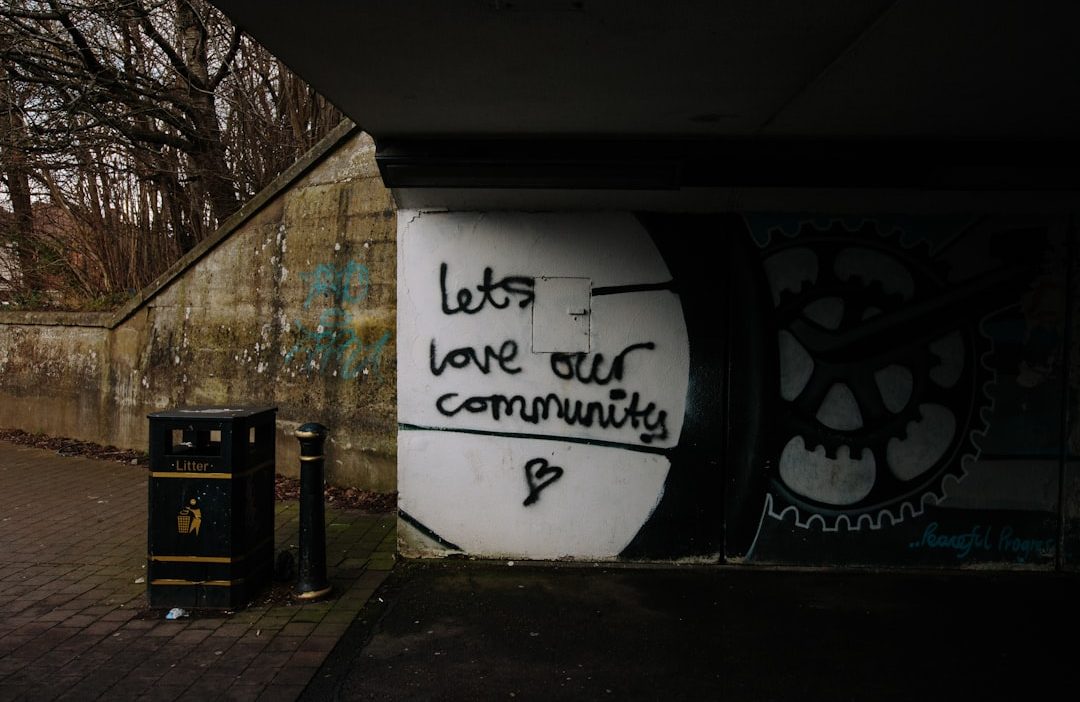Emotional well-being is a multifaceted concept that encompasses our ability to manage our thoughts, feelings, and behaviors effectively. It is not merely the absence of mental illness; rather, it involves a positive state of mind where I can navigate life’s challenges with resilience and optimism. I often find that emotional well-being is influenced by various factors, including my relationships, environment, and personal experiences.
When I prioritize my emotional health, I am better equipped to handle stress, build meaningful connections, and pursue my goals with enthusiasm. To cultivate emotional well-being, I must first acknowledge my feelings and understand their origins. This self-awareness allows me to identify patterns in my emotional responses and recognize when I need to seek support or make changes in my life.
Engaging in practices such as mindfulness, journaling, or therapy can significantly enhance my emotional resilience. By fostering a deeper understanding of my emotions, I can create a solid foundation for a fulfilling and balanced life.
Key Takeaways
- Emotional well-being is essential for overall health and happiness.
- Technology plays a significant role in mental health, offering new tools and resources.
- ChatGPT is an innovative tool designed to provide emotional support through conversation.
- ChatGPT can enhance emotional well-being by offering a non-judgmental and accessible outlet for expression.
- Tips for using ChatGPT include being open and honest, setting boundaries, and seeking professional help when needed.
The Role of Technology in Mental Health
Accessibility and Breaking Down Barriers
This accessibility has been particularly beneficial for those who may feel isolated or hesitant to seek help in person. Moreover, technology has the potential to break down barriers related to stigma and accessibility. I often find that engaging with mental health resources online allows me to explore my feelings in a safe and non-judgmental space.
The Anonymity of Digital Platforms
The anonymity provided by digital platforms can encourage me to open up about my struggles without fear of being labeled or misunderstood.
A Bridge to Understanding and Healing
As I navigate the complexities of emotional well-being, I appreciate how technology can serve as a bridge to understanding and healing.
Introducing ChatGPT: A Tool for Emotional Support

ChatGPT is an innovative tool that has gained popularity as a source of emotional support. As an AI language model, it is designed to engage in conversation and provide information on a wide range of topics, including mental health. I find it fascinating how this technology can simulate human-like interactions, offering me a sense of companionship when I need it most.
While it is not a substitute for professional therapy, ChatGPT can serve as a valuable resource for those seeking guidance or simply someone to talk to. One of the aspects I appreciate about ChatGPT is its ability to provide immediate responses. In moments of distress or uncertainty, I can turn to this tool for reassurance or advice without having to wait for an appointment or navigate the complexities of scheduling.
This immediacy can be comforting, especially when I am grappling with overwhelming emotions. By engaging with ChatGPT, I can explore my thoughts and feelings in a low-pressure environment, allowing me to gain insights that may contribute to my emotional well-being.
How ChatGPT Can Enhance Emotional Well-Being
| Metrics | Benefits |
|---|---|
| Improved Communication | Enhanced ability to express emotions and feelings |
| 24/7 Availability | Access to emotional support anytime |
| Personalized Responses | Tailored interactions for individual emotional needs |
| Reduced Stigma | Safe space for discussing mental health |
| Resource Recommendations | Guidance towards mental health resources and coping strategies |
ChatGPT has the potential to enhance my emotional well-being in several ways. First and foremost, it offers a platform for self-expression. When I converse with the AI, I can articulate my thoughts and feelings without fear of judgment.
This process of verbalizing my emotions often leads to greater clarity and understanding. By reflecting on my experiences through dialogue, I can identify underlying issues that may be affecting my mental state. Additionally, ChatGPT can provide coping strategies and resources tailored to my needs.
Whether I’m seeking advice on managing anxiety or looking for techniques to improve my mood, the AI can offer suggestions based on established practices in mental health. This personalized approach empowers me to take an active role in my emotional well-being journey. By integrating these strategies into my daily life, I can cultivate resilience and develop healthier habits that contribute to my overall happiness.
Tips for Using ChatGPT to Improve Emotional Well-Being
To maximize the benefits of using ChatGPT for emotional support, I have found several tips that enhance my experience. First, I approach each interaction with an open mind and a willingness to explore my feelings honestly. By being transparent about what I’m experiencing, I can receive more relevant responses that resonate with my situation.
This authenticity fosters a deeper connection with the AI and allows me to gain more meaningful insights. Another helpful tip is to use ChatGPT as a supplement rather than a replacement for professional help. While the AI can provide valuable support, it is essential for me to recognize its limitations.
If I’m facing significant mental health challenges, seeking guidance from a licensed therapist remains crucial. By combining the insights gained from ChatGPT with professional advice, I can create a more comprehensive approach to improving my emotional well-being.
Potential Drawbacks and Limitations of Using ChatGPT for Emotional Support

Despite its many advantages, there are potential drawbacks and limitations associated with using ChatGPT for emotional support. One significant concern is the lack of human empathy and understanding that comes from interacting with an AI. While ChatGPT can simulate conversation, it does not possess genuine emotions or experiences.
This absence of human connection may leave me feeling unfulfilled or misunderstood at times. Additionally, there is the risk of misinterpretation or misunderstanding during interactions with ChatGPT. The AI relies on patterns in language rather than true comprehension, which means that its responses may not always align with my intentions or emotions.
In moments when I’m seeking nuanced understanding or validation, this limitation can be frustrating.
Incorporating ChatGPT into a Holistic Approach to Emotional Well-Being
To truly benefit from ChatGPT as a tool for emotional support, I recognize the importance of incorporating it into a holistic approach to my emotional well-being. This means combining the insights gained from the AI with other practices that promote mental health. For instance, I might use ChatGPT to explore specific feelings or challenges while also engaging in mindfulness exercises or physical activities that boost my mood.
Moreover, I find it beneficial to maintain connections with friends and family as part of my emotional support system. While ChatGPT can provide immediate assistance, nurturing relationships with loved ones offers a different kind of comfort and understanding. By balancing technology with genuine human interaction, I can create a more comprehensive strategy for enhancing my emotional well-being.
The Future of ChatGPT and Emotional Support Technology
As I look toward the future of ChatGPT and emotional support technology, I am filled with both excitement and curiosity about the possibilities that lie ahead. Advances in artificial intelligence are likely to lead to even more sophisticated tools that can better understand human emotions and provide tailored support. I envision a time when AI can offer personalized coping strategies based on individual preferences and experiences, making it an even more valuable resource for those seeking emotional assistance.
However, it is essential for developers and researchers to prioritize ethical considerations as they advance this technology. Ensuring user privacy and data security will be crucial in building trust between individuals and AI systems like ChatGPT. Additionally, ongoing collaboration between mental health professionals and technologists will be vital in creating tools that genuinely enhance emotional well-being while respecting the complexities of human experience.
In conclusion, while ChatGPT presents exciting opportunities for enhancing emotional well-being, it is essential for me to approach it as one component of a broader strategy for mental health care. By combining technology with self-awareness, professional guidance, and meaningful relationships, I can navigate the complexities of my emotions more effectively and cultivate a fulfilling life grounded in resilience and positivity.
If you’re looking to enhance your emotional well-being with the help of technology, you might also be interested in the advancements in natural language processing. This article explores how AI is revolutionizing the way we communicate and interact with machines, which can have a positive impact on our mental health. Check it out here.


